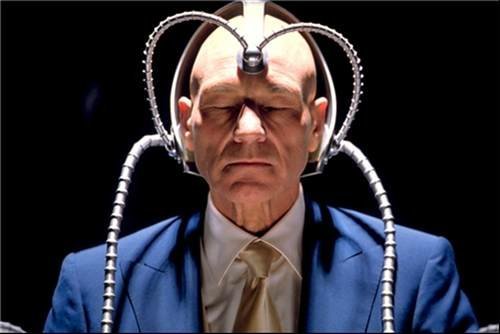How To Remember Anything, According To Research
e best way to pick a password or hiding spot you'll remember is to choose one quickly because you want something that will return to mind quickly: Via Why We Make Mistakes: The key to picking a good hiding place is hiding place is making a quick connection between the thing being hidden and the place in which it is hidden, says Alan Brown. Brown is a professor at Southern Methodist University who has studied where and how people hide…
3 minutes
Research Shows These Four Things Will Make You A Peak Performer
's all about the way you practice the skills key to the task at hand. Research has shown that "Deep Practice" (or Deliberate Practice) is how experts train. Here is the four parts to focus on: 1) Make your practice as similar to the real life scenario as possible. Via The Talent Code: Greatness Isn't Born. It's Grown. Here's How: “One real encounter, even for a few seconds, is far more useful than several hundred observations.” Bjork cites an by psychologist…
3 minutes
The Simple Thing That Can Dramatically Improve Your Life
end more time outdoors. Nature has a myriad of incredible positive effects that have demonstrated by research: Being out in nature reduces stress. Nature walks or even looking at pictures of nature improves memory. Flowers increase romantic feelings. Nature can even make you a better person. Can't be bothered to step outside? Even a potted plant has been shown to improve attention span and increase creativity in an office environment. You might be inclined to discount this. I know that…
1 min read
20 Ways To Supercharge Your Ability To Learn
earning occurs best when important information is selected from less important ideas, when selected information is organized graphically, when associations are built among ideas and when understanding is regulated through self-testing" Know the rules your brain works by and general tips for getting smarter. A negative attitude increases motivation to learn. Cheerful students think they're doing well but have lower GPA's. Good moods can harm your memory. Being social before a test increases performance. Testing yourself is the best way…
1 min read
Are stories we can relate to the key to learning?
a Bounce: Mozart, Federer, Picasso, Beckham, and the Science of Success: In 2003, Greg Walton and Geoffrey Cohen, two American psychologists, devised an intriguing experiment. They took a group of Yale undergraduates and gave them an insoluble math puzzle to work on—but with a small catch. Beforehand, the students were asked to read a report written by former Yale math student Nathan Jackson. This was ostensibly to provide the students with a bit of background information on the math department,…
3 minutes
10 ways to make sure you never choke under pressure
what we can do to prevent it? Distraction. Choking is frequently caused by thinking when we shouldn't be thinking. Counting backwards from 100 has been shown to occupy the conscious mind and allow competitors to perform uninterrupted by worries. Adapting to self-awareness. By repeatedly being videotaped while performing, subjects adapted to being watched and no longer found themselves choking. So regular practice in front of an audience (or whatever type of pressure you expect to deal with) can reduce anxiety.…
2 minutes
Does studying your area of expertise too much limit creativity?
tal opposite is true. Via Talent Is Overrated: What Really Separates World-Class Performers from Everybody Else: If we’re looking for evidence that too much knowledge of the domain or familiarity with its problems might be a hindrance in creative achievement, we have not found it in the research. Instead, all evidence seems to point in the opposite direction. The most eminent creators are consistently those who have immersed themselves utterly in their chosen field, have devoted their lives to it,…
2 minutes
Here’s The Secret To Amazing Naps
re are 5 ways to improve your naps: If you're a morning person, the best time to nap is around 1 or 1:30PM. If you're a night owl, nap later, around 2:30 or 3PM. The best naps are under 45 mins or 90-120 mins. Anything in between is likely to give you that groggy feeling. Naps don't mean you're lazy: A NASA study showed that in-flight naps improved subsequent performance by 34% and overall alertness by 54%. To make sure…
1 min read







